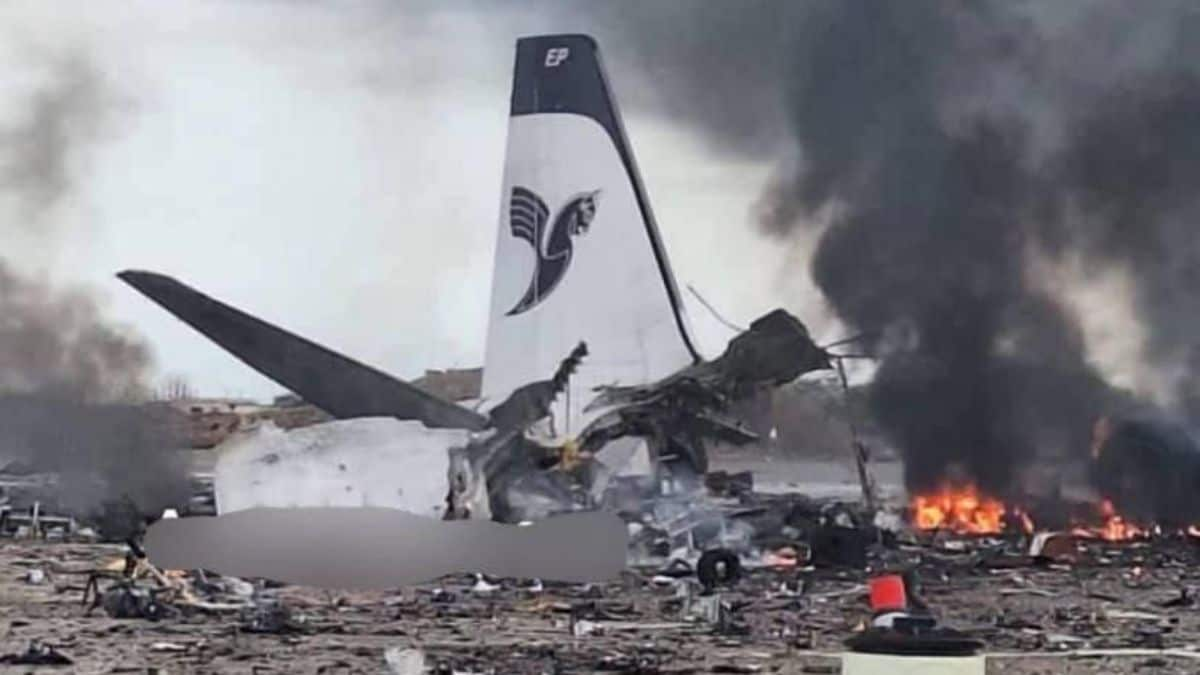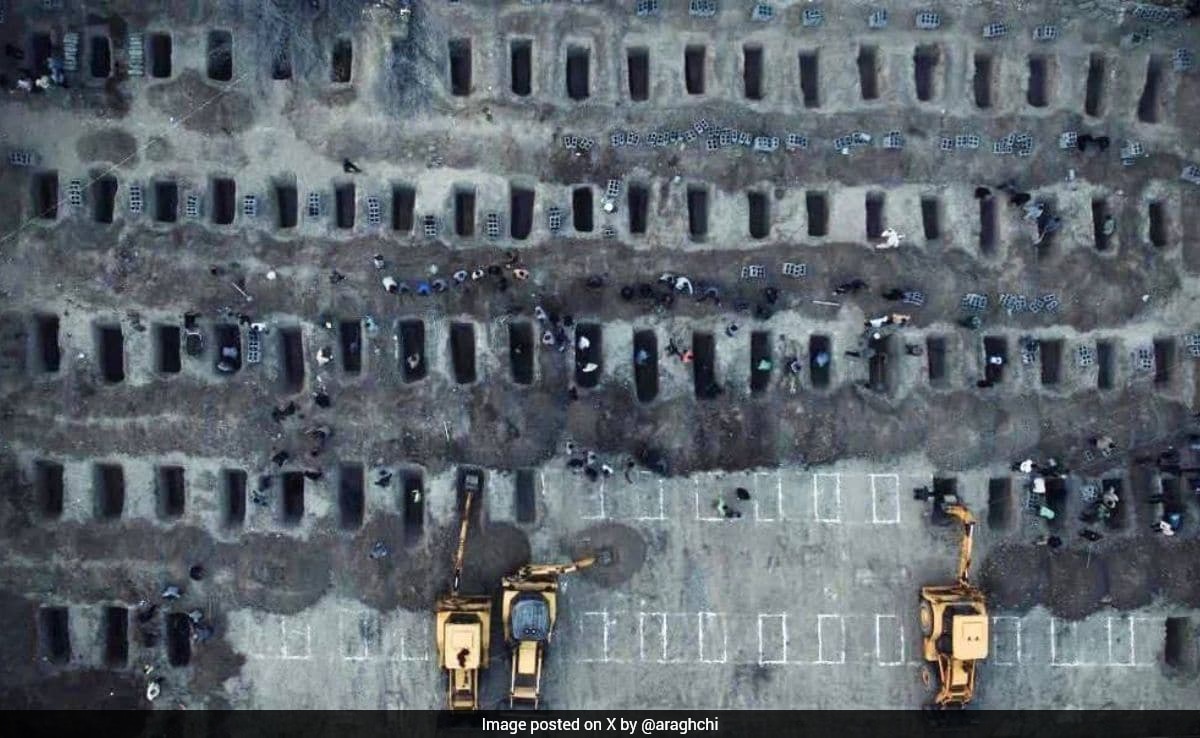The shortage of slaughterhouse workers has created what Britainâs pig lobby calls its biggest crisis in over two decades, with roughly 120,000 pigs waiting to be slaughtered. An estimated 15,000 extra pigs are added to farms across the country each week, putting greater strain on farmers struggling to find enough space and feed for their herd.
Slaughterhouse jobs tend to be tedious and physically demanding. In Britain, such work was largely carried out by migrant labor from Eastern Europe, who reportedly constituted up to 80 percent of the countryâs slaughterhouse workforce. But many workers have returned home as a result of covid travel restrictions, while Britainâs departure from the European Union has curbed the ability for new E.U. migrants to easily take up jobs there.
But Eustice told reporters Thursday that London will not loosen the English-language requirements it has placed on âskilledâ work visa-holders. The pig industry had asked for those visas to be granted to slaughterhouse workers, but the government did not think it would solve the industryâs challenges, he said, according to Reuters.
The National Pig Association said in a statement that it was âvery relievedâ to see the latest package of relief measures.
Keir Starmer, who leads the opposition Labour Party, criticized the new policies for not addressing the national labor shortage. Just last month, the British government said it would issue up to 10,500 temporary work visas to long-haul truck drivers and poultry workers.
âThe characteristic of this government is no plan,â Starmer said on Thursday.
Britainâs Conservative government has been reluctant to ease immigration restrictions on blue-collar workers. Prime Minister Boris Johnsonâs hope is that tight labor conditions will prompt employers to invest in productivity training and offer Britons higher wages.
But for this year, at least, British residents have felt the effects of occasionally empty grocery store shelves, cars lined up for hours outside gas stations because there arenât enough truck drivers to transport fuel and even a shortage of McDonaldâs milkshakes.
.png)











 English (United States) ·
English (United States) ·  Turkish (Turkey) ·
Turkish (Turkey) ·